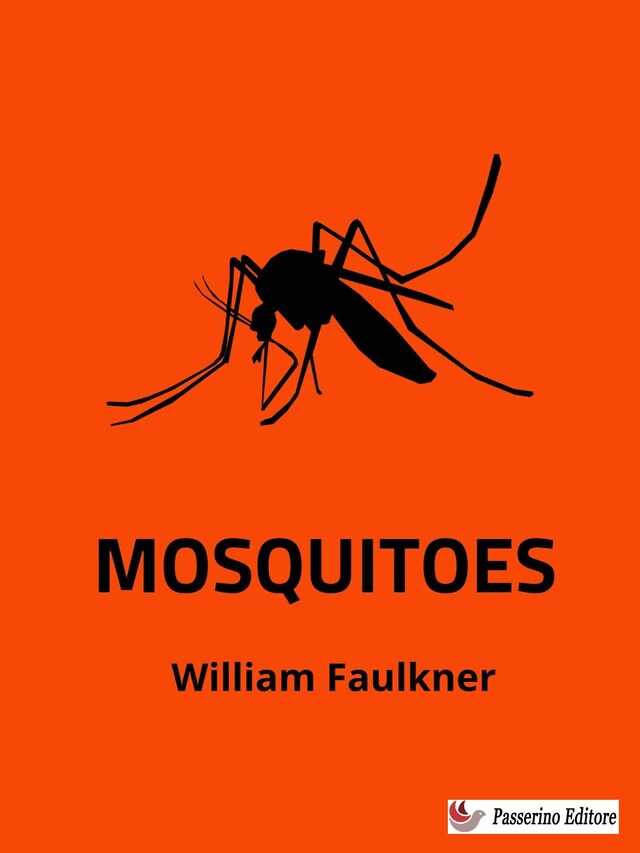
Mosquitoes
Description of book
Mosquitoes is a satirical novel written by William Faulkner and was published in 1927. The novel is known for its critical portrayal of the bohemian lifestyle of artists and intellectuals in the 1920s, and it satirizes the attitudes and behavior of the characters in the story. The novel is also notable for its experimental style, incorporating stream-of-consciousness narration and shifting perspectives.
Mosquitoes is set primarily in New Orleans and on Lake Pontchartrain, with the story following a group of artists and intellectuals who embark on a four-day yacht trip on the Nausikaa.
The lake is also infested with mosquitoes, which serve as a metaphor for the constant irritation and frustration that the characters feel throughout the story. The mosquitoes are also symbolic of the oppressive nature of the Southern landscape and its impact on the characters' psyche.
William Faulkner (1897-1962) was an American writer who is widely regarded as one of the most important and influential novelists of the 20th century. Born in New Albany, Mississippi, Faulkner spent most of his life in Oxford, Mississippi, where he drew inspiration from the people and landscapes of the American South.
Faulkner's writing is known for its complex and experimental style, its vivid descriptions of Southern life and culture, and its exploration of themes such as race, class, and the human condition. Some of his most famous works include "The Sound and the Fury", "As I Lay Dying," "Light in August" and "Absalom, Absalom!"
Throughout his career, Faulkner was recognized with numerous awards and honors, including the Nobel Prize in Literature in 1949.
 William Faulkner
William Faulkner 318 Pages
318 PagesFormat:
Language:
English